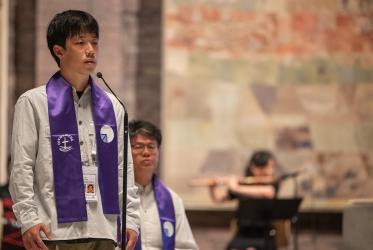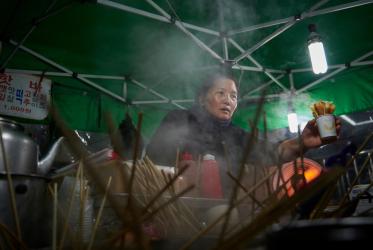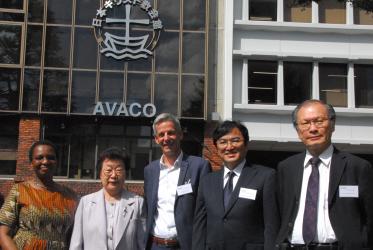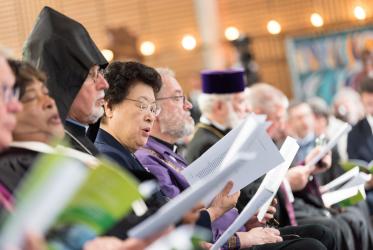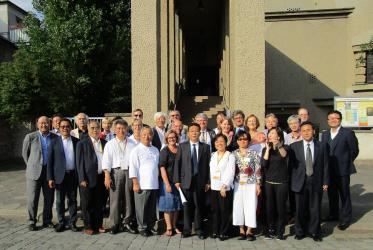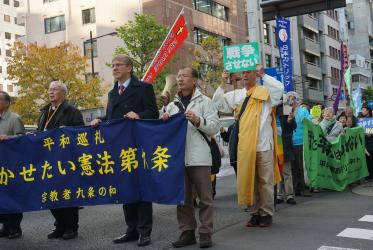Displaying 1 - 20 of 23
WCC commemorates life of Rev. Tsutomu Shoji
02 September 2020
In Japan, theologians reflect on today’s global manifestations of racism
18 September 2019
In Japan, indigenous and ecumenical youth call for action against racism
12 September 2019
Korean churches continue to pursue peace
19 July 2018
Echoes from Yangon
26 October 2017
